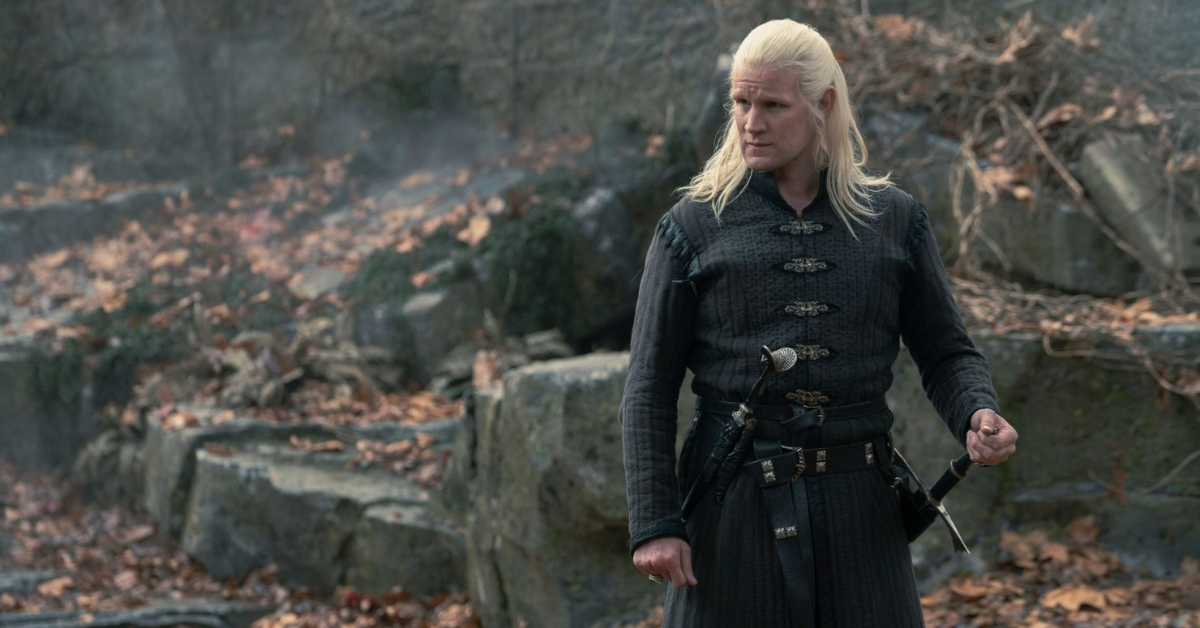
The next time you find yourself cornered at a college party by some white male twenty-something waxing poetic about how you’re so much cooler than his ex-girlfriend who didn’t think Die Hard was a Christmas movie, feel free to launch into a monologue about turtle sex. (Note to my editor: this is relevant, I promise). Tell him he isn’t half as interesting as he thinks he is. AND, that Bob Clark’s 1974 slasher Black Christmas is twice the movie Die Hard ever was. It may not necessarily be true, but it will guarantee that he calls you something demeaning, says you weren’t worth his time anyway, and storms off to pout before texting “u up?” at 2 AM every Saturday for the next 6 months.
If you are a fan of slashers, comedy, or preferably both, then please see Black Christmas.
It isn’t famous enough. Director Bob Clark would later become well-known for a Christmas film of a decidedly different bent: 1983’s A Christmas Story. Writer Roy Moore (no, obviously not THAT one) would go on to pen an ill-fated television show about a time-traveling ten year old… and pretty much nothing else. Despite Black Christmas’s lack of notoriety except amongst enthusiasts, it is an incredibly well-made and well-written film. It is also infinitely more coherent than some of its better-known counterparts.
Black Christmas is currently streaming on Shudder. If you don’t have Shudder and/or are a moral relativist, at the time of this publication all 98 minutes of Black Christmas are available on YouTube for free. If you have not yet seen it for some reason, this is your cue to stop reading and start watching.
Know ye well, reader: spoilers ahead!
Though decidedly never a horror-comedy, the film does not deny its audience a good bit of laughter. Between a chronically tipsy house mother and a law enforcement official whose crack police work would embarrass even legendary man-boy Barney Fife, this film at its most lighthearted moments could be mistaken for a gender-swapped precursor to Animal House. Do not let that mislead you. Absorb the courage given by the comedic relief. Take it with you. You’re going to need it in a minute.
Unlike some of its slasher successors, this film’s pacing is dead on. It builds suspense in a way that few films ever master, right up to rolling credits and beyond. Millennial phone dread’s got nothing on how you’ll feel after a few phone calls from Billy the Unhinged Telemarketer.
Black Christmas is a thriller that is actually, dare I say, thrilling.
From the moment you hear the maniac hissing and sputtering telephone soliloquies best described as “truly fucked up,” you’ll marvel that Black Christmas is a product of the ‘70s. From the heavy breathing and first person perspective to a variety of creative kills, this is a slasher film that checks all the boxes.
That this film was made prior to the establishment of slasher convention means that there are many future tropes that wind up being avoided or subverted, albeit unintentionally. For example, while first kill Clare seems to be a nice one-boy kinda girl who doesn’t drink much, Olivia Hussey’s Final Girl Jess is far from virginal. Her character’s defining arc is that she is considering having an abortion. The only characters that seem to really have it coming in the classical sense (foul-mouthed Barb and brandy-breath Mrs. Mac) are arguably the best characters in the entire film. If anything, the audience is rooting for them right until their respective ends.
Despite its notoriously misogynist genre, this film has some pretty great characters, and they are all women. In fact, nearly every man in the film is either…
- Unhinged — Noted piano murderer and overbearing boyfriend Peter/Billy “The Moaner” Atticdweller
- A stick in the mud — Clare Harrison’s concerned father, whose first name is definitely Mister
- Or, comically inept — Sergeant “Ironic Air Quotes around the Word ‘Sergeant’” Nash
While no one will accuse this film of being a deeply emotional character drama, I would definitely chill with the ladies of Kappa.
We touched briefly on the film’s use of a pregnant and decidedly pro-choice Final Girl. It is impossible to question the feminism of this film without analyzing it in its social context.
Black Christmas was released in 1974.
Let’s get second-wave up in this bitch. Roe v. Wade had only been decided in January of ’73, and while this is also in-part a Canadian film (it was shot in Canada and written by a Canadian screenwriter), all abortion was illegal in Canada until 1969. To say the issue of abortion was controversial and pertinent would be an understatement. Representation matters, and while one might expect a liquored libertine like Barb to hold such modern opinions on birth choice and bodily autonomy, the decision falls instead to Jess, the heroine of the film.
Further, Jess seems to have thought it out and bravely made her own decision. While the film occasionally implies that not only is Peter is the killer but that Jess’s decision regarding her pregnancy– which was presumably of his… ahem, “doing”– is his murderous motive, it never applauds him for it. In the film’s climax, Jess is unsure of whether her angry boyfriend is about to murder her. That is a very real depiction of a fear many adult women in present day. It speaks to a universal reality.
Men are violent, and the one you love most just might kill you.
The film’s most iconic slasher-kill is reserved for Bad Girl Barb. While this is perhaps the best kill in the entire film, it is also the most controversial. While laying down after “not feeling well” (read: having been drinking and chain-smoking for approximately four days straight) Barb wakes up with an asthma attack after dreaming someone was in her room with her. After being thoroughly reassured it was only a dream, she goes back to bed. As soon as she is back in bed, the killer reappears only to stab her repeatedly through the chest with Chekov’s glass unicorn head figure. If you want to get overly analytical—and let’s be honest, what are we here for?—there is a lot to pick apart here. First, we have the common theory that essentially any stabbing is a metaphor for rape. Barb is our only stabbing victim.
Barb, despite being my personal favorite character (and potentially bisexual?), is a bastion of 1970s masculine values. Although much of what she says is played for laughs, she holds a few undeniably problematic opinions (said with deathly seriousness: “Darling, you can’t rape a townie”). Maybe the unicorn, with its feminine connotations and phallic forehead protuberance, is a metaphor. But, I don’t know what it is. With regard to intent, if this scene has a point other than to add some whimsical brutality, that point is deeply convoluted. A more scholastic feminist might read it as either a metaphorical rape as punishment for either donning such unfeminine values or a more enlightened—and frankly anachronistic—retribution for her own internalized misogyny. However, I would argue that this scene (like Barb) could go either way.
I would go so far as to call Black Christmas a feminist slasher.
On top of that, it’s just a good film. While Jess isn’t the greatest final girl who ultimately can’t save herself, she gets a pass by sheer virtue of it being 1974. Harold Shipman wouldn’t be apprehended until the following year. And people wouldn’t really start carrying pepper spray and locking their doors until the 80s. This is a slasher film that didn’t know about slashers. It is post-Psycho, but spared the trope codification inherent in the Halloween franchise. A codification this will later be brought to its logical hyper-meta conclusion by Scream I-III. Black Christmas is funny, it’s scary, and perhaps most importantly of all, it is a Christmas movie that isn’t Die Hard.
Lady Rating: 8/10
This film is full of women, and they are all awesome. The murderer may have a 100% clearance rate, but ultimately that speaks more to his stealth level than the incompetence of his victims. Hats off to a non-preachy depiction of a pro-choice Final Girl back in 1974.
Kirsten writes like she’s seen one too many Joss Whedon productions… Probably because she has.




Leave a Reply